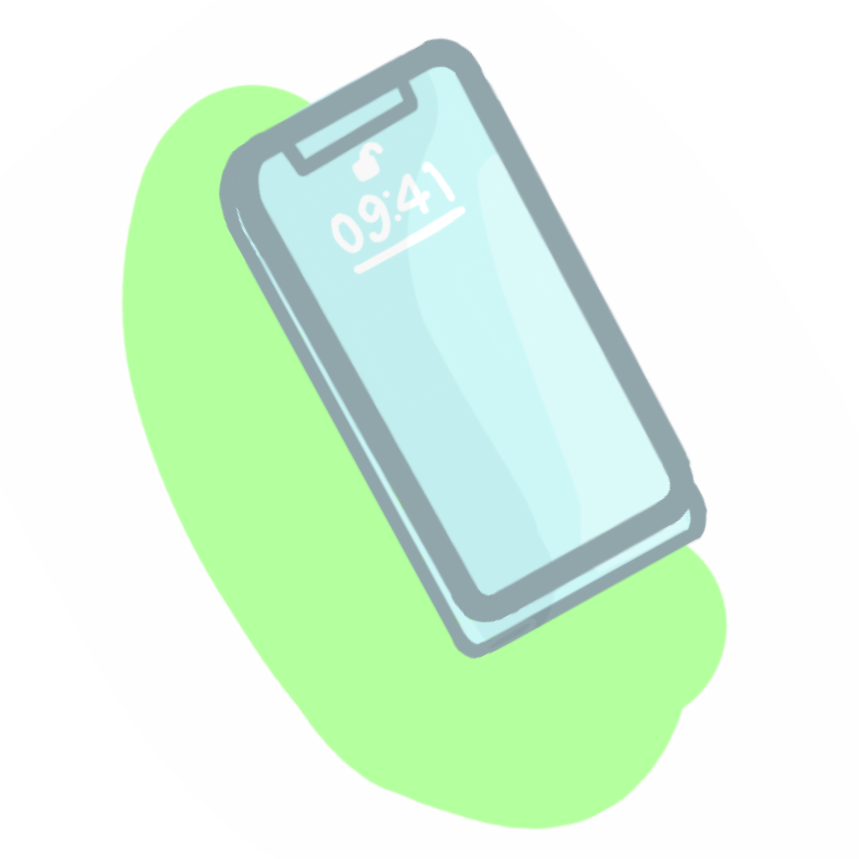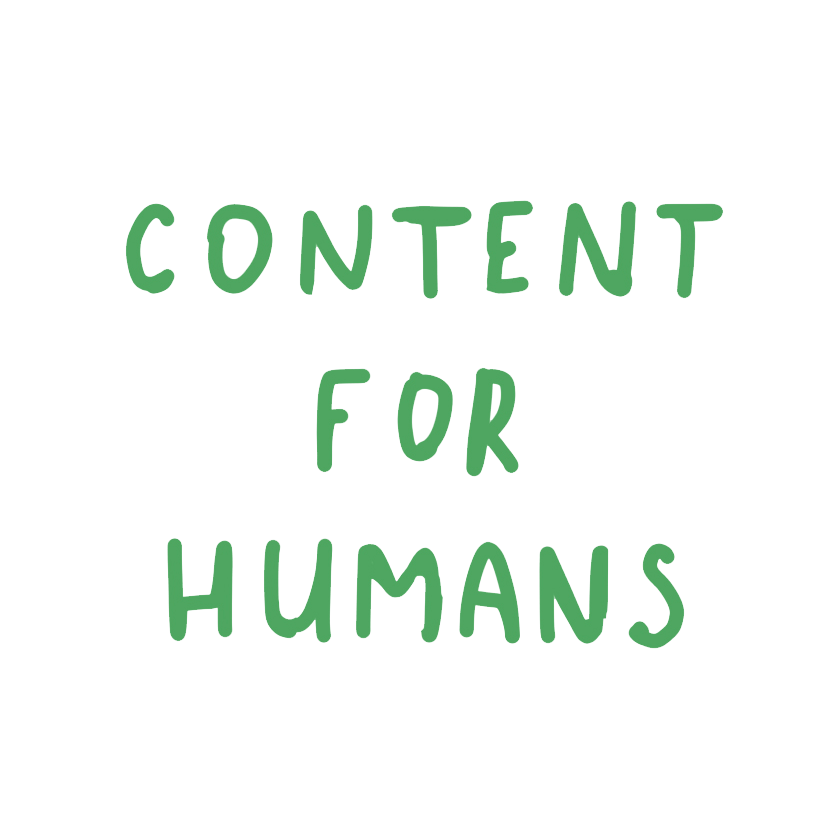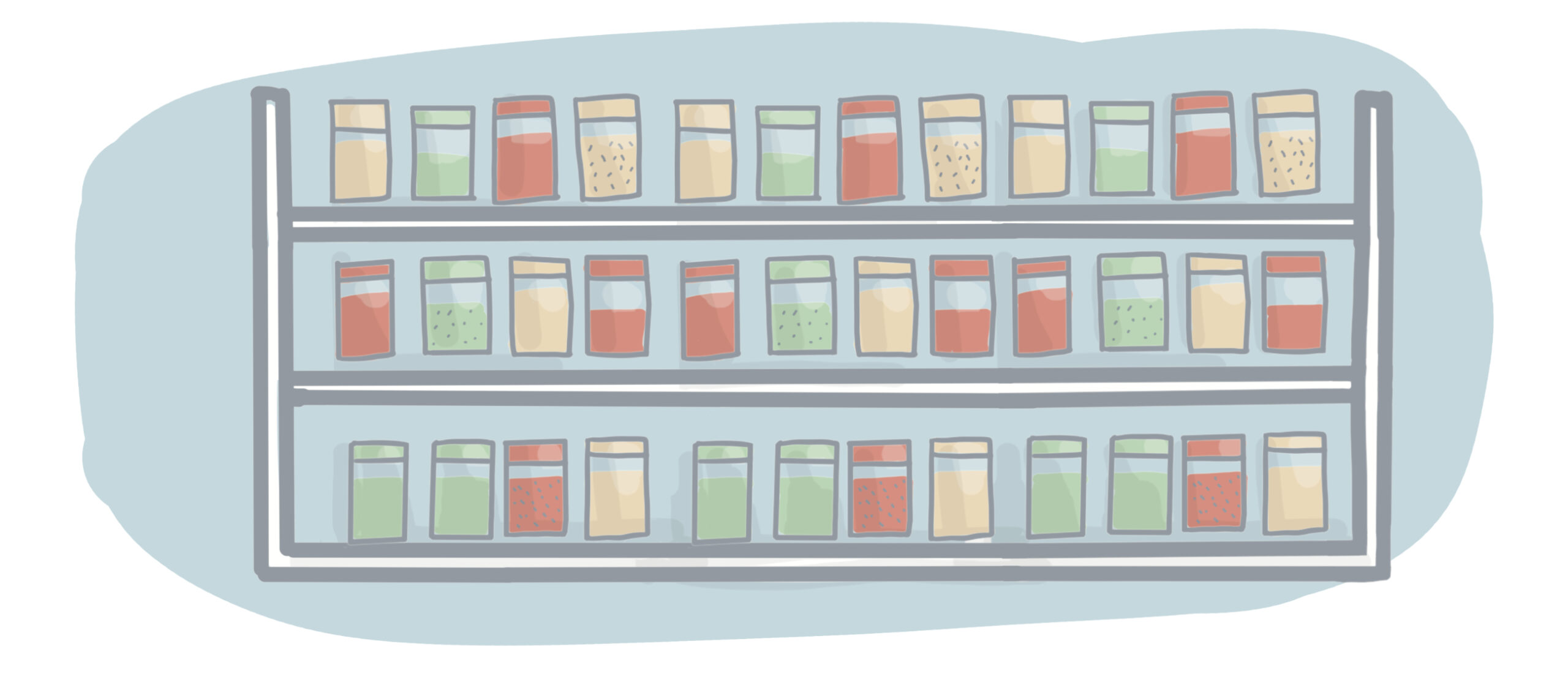Here’s my psychological therapist’s bundle of info about food’s connection to mental health and dieting.
While I’m not a dietitian, and this blog doesn’t back any particular diet, the big clincher is that poor nutrition is associated with higher levels of anxiety, depression and sleeping-related problems, to name just a few. So it’s well worth treating nutrition as a priority for just about everyone.
1. Things to steer away from
Inflexible or rigid thinking tends to lead to extremes in any walk of life. This is just as true for eating behaviours that influence our mood. Let’s start with the most obvious example.
Dieting!
If weight loss is your goal, it’s more sustainable to go about it steadily. It takes longer but it’s associated with less extremes. You know the sort – ‘it’s fine to eat everything in sight right now if I eat as little as possible for the next few weeks’.
These on-off behaviours usually come about because we’re not feeling in control enough. But they ultimately make us crave more control – which is a well-stocked larder as far as anxiety is concerned!
One of the best therapists I’ve worked with taught me to tell people diets don’t usually work in the long run. Lifestyle adjustments – definitely – but not diets. At least, not as we usually use them for, which for most folks is to lose weight quickly.
Fasting
This has become more popular in the recent years. Though unless people stick to it rigidly, it tends to lead to more overeating at some stage. In clinics, we almost always encourage people suffering with eating disorders to steer clear from fasting, and instead:
- Eat little and often, driving out those hangry food moods
- Eat more fibre and protein, smaller amounts of fats and even less sugar
Our biochemistry loves these rules. It’s a bit like renewable verses non-renewable energy. When we eat ‘renewables’ (like nutritionally-dense foods) rather than ‘non-renewables’ (like high fat/sugary foods) there’s way less ‘pollution’ (like anxiety or anger spikes).
Abandoning the fast seems to help with longer-term weight loss too. Whenever anybody inevitably overeats during a fasting regime, the body stores as much as it can as fat – trying to prepare for the next long cold winter, if you will.

2. Things to strive for
Focus on timing
‘Breakfast like a king, lunch like a prince and dinner like a pauper’ is what my supervisor taught us as students. It certainly helps no end when I’ve recommended it to clients, for weight loss or for better emotional regulation.
Here are a few more timing tips:
- You’ll probably need more food after exercise.
- A small protein-rich snack 2-3 hours before bed helps you sleep.
- It takes about 3 days to change a behaviour, 3 weeks to change a habit and 3 months to change a lifestyle.

Eat a variety
You might have noticed more medical doctors have been writing recipe books over the last few years, with a big emphasis on eating varied foods for gut health. It’s really important for brain health too, almost like a lift/elevator taking the nutrients upwards.
Eat all the food groups
A lot of diets demonise certain foods groups. Fats are nigh-on eliminated or carbohydrates are cut down, so we lose huge amounts of weight in mere weeks. But our bodies need fats, especially foods like avocados, packed with a ton of nutrients. And our bodies need carbs.
We might not need a carb-heavy meal after work if we’ve been sat down all day though. And this example of bringing in a bit more flexibility gives us more control over our food intake – rather than rigid, strict, harsh rules.

Schedule in ‘bad’ things
This is a great one, and it’s really effective for people suffering from disordered eating. The theory here is that if people deny themselves what they want, they’ll probably end up overdoing it later. And it seems to play out this way for most. Keep it modest though!
Writing about diets and mental health
I noticed how out of all the blogs I’ve written so far, this one had the most info to include. So using headings is super effective at breaking up chunks of text.
Another useful tactic was stripping sentences right back to the bare essentials. This is always one of my favourite editing tricks because sentences usually come out more readable.
Also, any idea was passed through a threefold checklist, keeping the content as evidence-based as possible. It passed the test if it was:
- Backed up by another therapist
- Supported by high-quality research
- Effective for multiple clients I’ve worked with before

“You did an excellent job of editing our brochure and meeting our brand content style. We were pleased with the quality and speed at which writing was produced.”
– Beth Hayes, Sanja Quayle, Clinical Director

